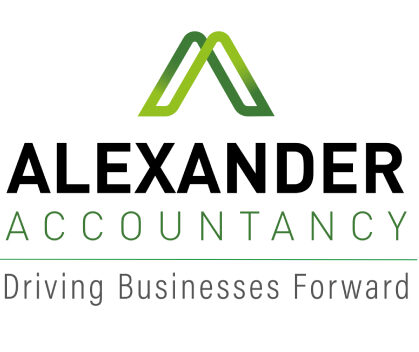Bookkeeping and VAT
Who can benefit?
Regular bookkeeping is ideally suited to businesses that are VAT registered, and going forward to those that will need to report under the Making Tax Digital legislation. Historically this service has mainly been driven by compulsory VAT registration, although many small businesses have used it either partially or completely as a means of issuing and managing their sales process.
Key benefits:
The bookkeeping service helps clients keep up to date with their record keeping in easily manageable chunks, instead of facing a major task of searching out and processing prime documents because they are facing a legislative deadline. The VAT service helps them meet their legal requirements without having to personally have a clear understanding of what can sometimes be quite complex VAT legislation. Larger businesses benefit from having more detailed information available to help with their analysis and decision-making processes.
Main outcomes:
Clients benefit from having up to date records and VAT returns delivered on time, as well as knowing the financial information is ready for further processing, usually to the accounts stage. The preferred model is to maintain this information on live bookkeeping packages, such as Xero, where clients can have instant access at any time.
Compliance
This service helps clients meet the regulatory requirement to keep appropriate financial records for the business and to report VAT matters as required.
Alexander Accountancy’s process:
For regular bookkeeping and VAT returns we contact the client each month or quarter to request information and documents. These are then processed in a timely manner to ensure the bookkeeping is up to date and VAT returns are filed as required.
Our expertise:
Many of our staff have either qualified as bookkeepers through the Institute of Certified Bookkeepers or completed a bookkeeping module as part of their accounting studies.
How we overcome popular misconceptions:
DIY bookkeeping is not always what people think. Many people believe that modern bookkeeping systems such as QuickBooks and Xero will do all the thinking for them because of the way they are advertised through mass media. This is not correct, and the outcomes will only be as good as the information fed into them. If these systems are not programmed for the correct treatment and allocations, with exceptions managed at the point of input, they can repeatedly mis-allocate inputs.
Whilst clients may think they have done most of the work, it takes three or four times as long for us to undo mistakes and correct errors, than it does for us to do the original inputting. Not only has the client wasted their time, doing it yourself has had the opposite result to that intended and ended up costing the client more than if we had done it in the first place.
Take a typical example where a building supplies firm has purchases automatically allocated to cost of sales with standard VAT. However, if they supply safety equipment this is an expense not cost of sales, so both the analysis and VAT are incorrect. If they supply larger tools, these will be an asset that needs allocating to the balance sheet, depreciating and capital allowances claiming, so the analysis, profits and tax treatment will be incorrect.
If subcontractor services are provided through purchase invoices it may or may not fall under the reverse charge VAT scheme and there may or may not be Construction Industry Scheme (CIS) deductions due according to the type of work. The VAT rate may also vary according to the job they are working on. There can also be similar issue with sales invoices and a whole raft of other complications according to the legislation that applies to the same goods and services under different circumstances
Our recommendation:
As a general business principle it is better for clients to focus on what they are good at and outsource jobs they are not comfortable or happy doing.












